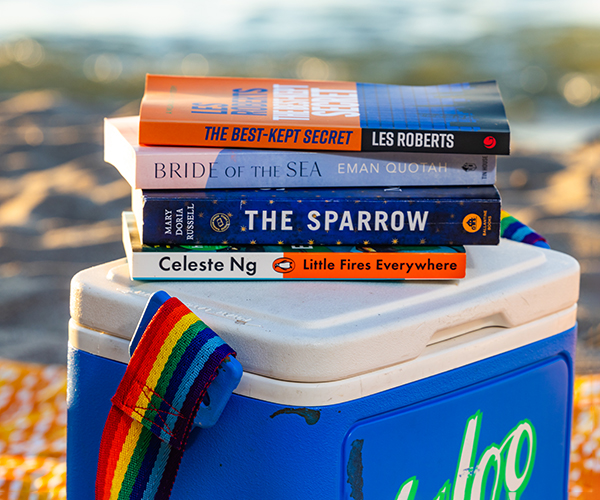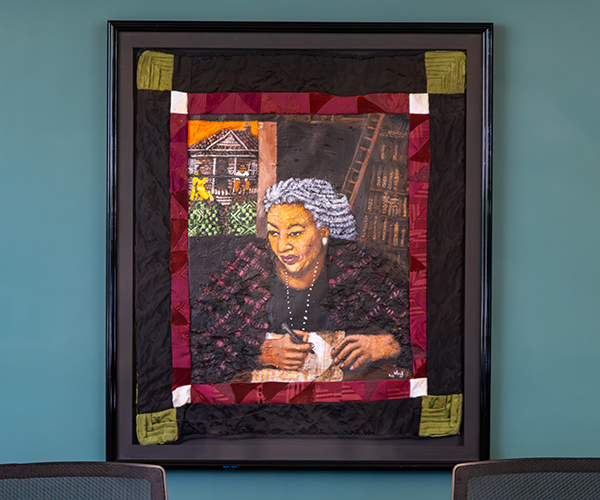Music Lessons
As John Gorman recounts the glory days of “The Buzzard” in a new book, we talked to the former WMMS 100.7 head of operations about his monster rock station, the state of traditional radio and the changing face of how we consume music.
"It wasn't my style," says the former WMMS head of operations and the man largely credited for the radio station's reign as a rock powerhouse during the '70s and early '80s. "Maybe I had a bite out of the apple, but that's it."
Even as a mere witness, he has plenty to tell in "The Buzzard: Inside the Glory Days of WMMS and Cleveland Rock Radio" ($24.95, Gray & Co.), which hits stores this month. We recently sat down with the 57-year-old Bay Village resident, who now works as a media consultant, to get his thoughts on the state of rock radio.
What were your impressions of the city when you arrived in 1973?
The people I came in contact with the first couple of years were like, "You're from Boston. What are you doing here?" ... I just couldn't understand that attitude. This was a market that was sophisticated musically and had always been sophisticated musically, long before rock.
Tell me a story that didn't make the book.
Steven Tyler and Joe Perry came down to the station on a Friday night [before Aerosmith played the World Series of Rock] with a whole bunch of hangers-on. Tyler was almost incoherent — it was a very rough interview [for disc jockey Denny Sanders] to do. There was a break, and I walked into the newsroom looking for something. We had a big table there, 5 feet long, at least. Somebody had put out a line of cocaine that went from one end of the table to the other. And Steven Tyler was crawling on the table, snorting [it].
What's wrong with radio today?
Deregulation, doing it on the cheap, paralysis by analysis - everything has become so corporate, so predictable. Those years of legal payola completely destroyed radio, no matter what the format, because it stopped being a sound track to popular culture. Radio used to be a social network, a part of your identity. That's not true today. Younger people who buy music are now finding it in different ways.
v What about satellite radio?
I listened to it more a year ago than I listen to it now. The music formats have gotten worse. The playlists have been tightened up, with fewer titles played more often. I hear less chances being taken.
So what do you listen to?
I listen to Internet radio. There are probably 20 different stations. Radio Paradise is one. There's KPIG and WXRV. And I'll listen to Pandora. You type in the kind of music you feel like hearing, and it creates an automatic radio station for you.
Do you think traditional radio can be saved?
Radio chains are getting smaller, not larger. So that means there are going to be more opportunities. But we've lost generations of radio listeners. There are people between 12 and 30 years old for whom the word "radio" is profanity.
Which artists would be on your fantasy playlist?
I would be playing Bruce Springsteen and Southside Johnny. But I would also be playing a lot of new stuff, too. There is so much good music out there now: Feist, which is one woman from Toronto; Arcade Fire, I think they're amazing; Amy Winehouse
Could there be a station like the old WMMS on the air today?
There could, and there should. It's going to take a broadcasting company that's willing to take a chance, that's willing to break the corporate mold of what radio has become.
books
12:00 AM EST
October 22, 2007



